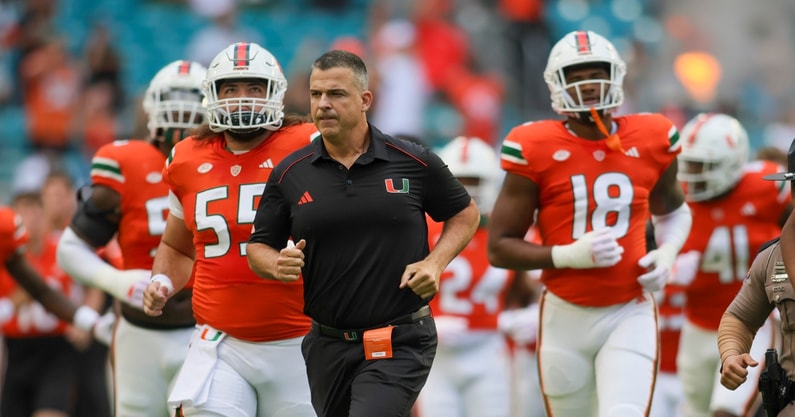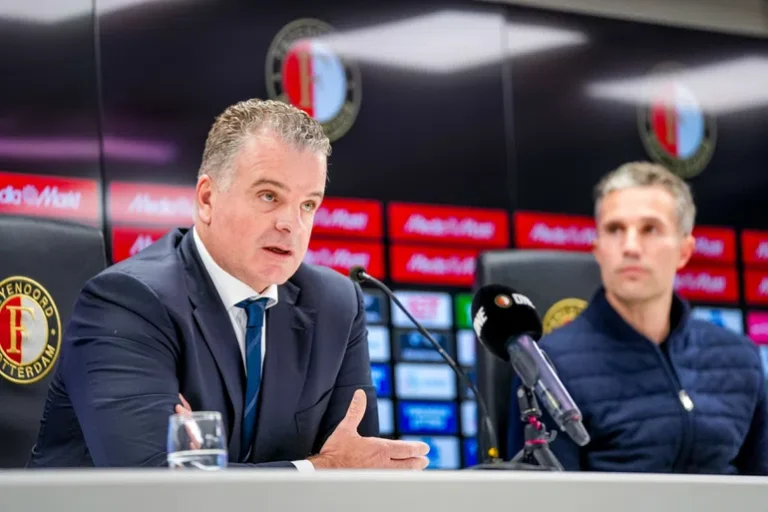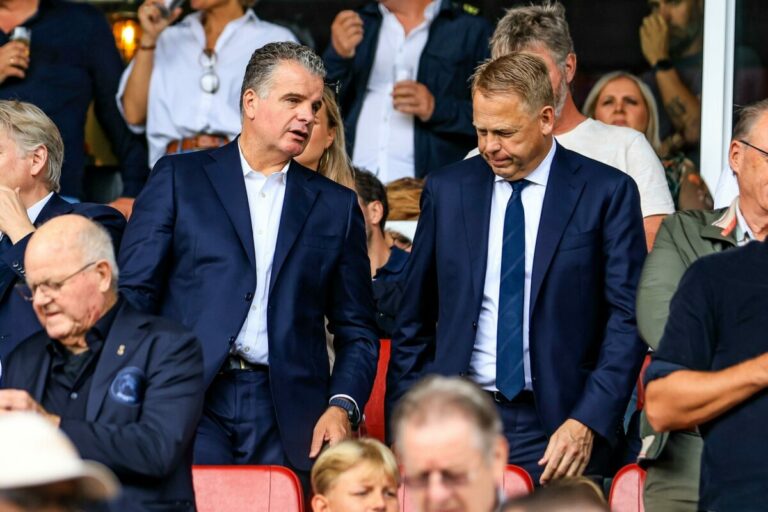
Mario Cristobal has always been known as a coach who emphasizes toughness, discipline, and physicality in his football teams. One of the foundational pillars of his philosophy is the offensive line, a unit he believes is absolutely critical to the success of any team, especially in the modern game. For Cristobal, the offensive line is much more than just a group of players who block defenders—it represents the heart and identity of his offense and, in many ways, the entire team.
Cristobal often says that the offensive line sets the tone for everything else on the field. Without a strong and cohesive offensive line, a team’s quarterback can’t operate effectively, the running game struggles to gain momentum, and the overall offensive rhythm falls apart. He sees the offensive line as the anchor of both the running and passing games—if that foundation is shaky, everything built on top of it is at risk. This viewpoint shapes how he recruits, coaches, and structures his teams.
One reason Cristobal values the offensive line so much is because of the physical nature of the position. Offensive linemen are tasked with facing the most aggressive defenders on every single play. They engage in a battle in the trenches that requires strength, technique, intelligence, and an unyielding mindset. Cristobal respects these qualities and often points out that linemen are the unsung heroes who don’t get the glory but make the most important plays possible. Their success or failure often determines the outcome of the game, even though their contributions are not always visible in the stat sheet.
Cristobal’s coaching style reflects his belief in the importance of the offensive line. He dedicates a significant amount of practice time to developing linemen, focusing on fundamentals like footwork, hand placement, leverage, and communication. He also stresses the mental aspect of line play—players must recognize defensive schemes, blitzes, and stunts, and adjust their assignments in real time. This requires high football IQ, and Cristobal ensures his linemen study and prepare as rigorously as skill position players.
Another key reason Cristobal emphasizes the offensive line is that it allows him to control the tempo of the game. A strong offensive line gives a team the ability to run the football consistently, chew up the clock, and wear down opposing defenses. This control over possession time can relieve pressure on the defense and keep the opposing offense off the field. In Cristobal’s view, winning the battle in the trenches often translates to winning games, especially in high-stakes matchups where controlling the clock and field position is critical.
Cristobal also talks about leadership and camaraderie that develops within the offensive line unit. Because linemen must work so closely together on every play, they develop a bond built on trust and communication. He believes that this unity can have a ripple effect on the entire team, fostering a culture of accountability and grit. Cristobal often points out that offensive linemen set an example for toughness and selflessness, inspiring teammates to elevate their own play.
Recruiting for the offensive line is a major priority for Cristobal. He looks for players who not only possess the physical tools—size, strength, and athleticism—but also have the character and work ethic to thrive in his system. He wants linemen who are coachable, intelligent, and willing to embrace the grind of daily practice. Cristobal understands that it takes time to develop elite offensive linemen, so he’s patient and invests heavily in their progression from freshmen to starters.
In game planning, Cristobal leans on his offensive line to execute complex blocking schemes that create opportunities for both the run and pass. He believes a versatile offensive line that can handle zone runs, power blocking, and pass protection against various defensive fronts makes his offense more unpredictable and harder to defend. This adaptability is key to his overall offensive philosophy, which balances physical power with tactical nuance.
In interviews, Cristobal often credits the success of his teams to the offensive line’s performance. Whether it’s opening lanes for star running backs or giving the quarterback time to make plays, the offensive line’s impact is undeniable. He frequently emphasizes that no flashy plays or highlight-reel catches would be possible without the foundational work done by these players in the trenches.
Ultimately, Mario Cristobal’s passion for the offensive line stems from his deep understanding of football’s fundamentals and the crucial role that unit plays in the game’s outcome. For him, the offensive line is much more than just a position group—it’s a philosophy of toughness, teamwork, and control. By building his teams around a dominant offensive line, Cristobal believes he can create a sustainable winning culture that withstands adversity and consistently performs at a high level. His commitment to this core belief continues to define his coaching career and the teams he leads.






